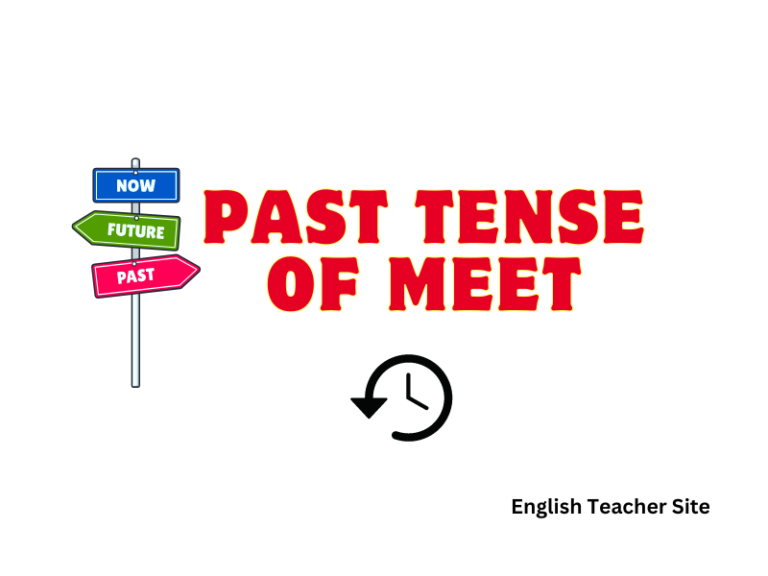Advice or Advise: Understanding the Correct Usage

- “Advice” is a noun that means suggestions or recommendations.
- “Advise” is a verb that implies the action of giving advice.
- Understanding the difference between “advice” and “advise” enhances effective communication.
“Advice” is a noun that refers to suggestions or recommendations given to someone. In contrast, “advise” is a verb meaning to give advice or to suggest a course of action to someone. The correct usage of these terms is essential in writing and speech, as they serve different grammatical functions and are not interchangeable.
Both terms derive from the same Latin root “visere,” which means “to see” but over time, they have evolved to adopt their distinct roles in the English language.
Which one is correct: advice or advise?
In English language, “advice” and “advise” are often confused due to their similar spelling. However, one is a noun and the other a verb. The key in determining the correct form to use lies in understanding their respective grammatical roles.
Practical Usage and Examples
Advice is an uncountable noun referring to recommendations or guidance offered to someone. It is the content of what is being shared. Since it’s a mass noun, “advice” does not have a plural form. It’s used when one is speaking about the suggestion or information provided itself.
| Noun: Advice | Example |
|---|---|
| Providing guidance | She gave me excellent advice on my resume. |
| Offering a suggestion | His advice was to invest in real estate. |
| Sharing an opinion | Her financial advice was sound and well-received. |
Advise is a verb that signifies the action of giving advice. It’s an active process with someone doing the advising. When using “advise”, there’s often a direct object, the person being guided or counseled.
- Examples of verb advise in use:
- She advises clients on financial matters.
- Could you please advise us on this issue?
- I’ll advise them as best as I can.
To further distinguish the two:
- Spellings: note that “advice” ends with an “ice” and is pronounced with a soft “c”, while “advise” ends with an “ise” and is pronounced with a “z” sound.
- Grammatical form: “advise” changes form to indicate tense (advises, advising, advised), while “advice” remains constant.
| Verb: Advise | Example |
|---|---|
| Offering counsel | He advises the committee on outreach strategies. |
| Recommending action | They were advised to evacuate due to the storm. |
| Giving an opinion | She will advise on the matter soon. |
In writing or speaking, choosing between “advice” and “advise” is fairly straightforward once their grammatical roles are understood. If discussing the act of giving suggestions or information, use “advise” the verb. When referring to the suggestions or information itself, “advice” the noun is the correct choice. Remember, one gives advice (noun), but one advises (verb) someone.
Advice vs Advise Examples
Here are examples to display the correct usage of these two words:
Using Advice:
- She offered sound financial advice on saving for retirement.
- The brochure provides advice on how to eat healthily.
Using Advise:
- The doctor advised him to stop smoking.
- He advised patience with the process.
To further illustrate the distinction, consider the two words within a dialogue:
| Speaker A (Advise) | Speaker B (Advice) |
|---|---|
| “I advise you to check the weather before leaving.” | “Thank you for the advice; I’ll look it up.” |
| “Can I advise you on a matter?” | “Yes, I would appreciate your advice.” |
- Advice:
- A noun
- Refers to the information given
- Example: “Her advice was to arrive early.”
- Advise:
- A verb
- Describes the action of giving advice
- Example: “He advises that we take the main road.”
By maintaining clarity on when to use advice, writers and speakers alike can communicate their thoughts with greater effectiveness and avoid common errors in English. Remember, advice is what is given, and to advise is to give it.
Advice and advise Spelling and Pronunciation Errors
Advice and advise are frequently confused due to their similar appearance and sound. However, they are not interchangeable. “Advise” (verb) has a voiceless “s” sound like in “hiss”, whereas “advice” (noun) has a voiced “c” sound as in “choice”.
| Incorrect Spelling | Correct Spelling | Part of Speech |
|---|---|---|
| Advise (as a noun) | Advice | Noun |
| Advice (as a verb) | Advise | Verb |
The pronunciation distinction matters especially when spelling out loud or when trying to remember the correct usage in writing.
Correcting Grammatical Misconceptions
Occurrences of “advise” and “advice” not only differ in spelling but also in their grammatical form. “Advise” serves as a verb, implying the action of giving recommendations. On the other hand, “advice” is a noun that refers to the suggestions themselves.
- Advise is used as in: “They advise against traveling during the storm.”
- Advice is conveyed in sentences like: “His sound advice was to stay indoors.”
In a grammatical context, “advice” is also uncountable, which means it does not have a plural form, unlike “advise” which can be conjugated according to its subject and tense.
| Common Misuse | Correct Form |
|---|---|
| Can I give you an advices? | Can I give you some advice? |
| She advices that we be cautious. | She advises that we be cautious. |
Additionally, while an advisor is a person who gives advice, the act of giving counsel or guidance remains “to advise”. Remember that “device,” despite its phonetic resemblance, is unrelated.
By understanding these distinctions, one refines their writing and speech, ensuring clarity and grammatical accuracy. Always check for the “s” or “c” sound, and whether you need a noun or a verb to convey your message properly.
Synonyms of Advise and Advice
Understanding synonyms can enhance one’s vocabulary and precision in communication. Here, we will explore synonyms for both, which aids in grasping their usage contexts.
Advise—an action verb—encompasses the act of giving a recommendation or guidance. Its synonyms often imply the act of communicating a suggestion from one party to another. On the other hand, advice—a noun—refers to the content of the suggestions or information that has been given.
Advise
| Verb Form (Advise) | Meaning |
|---|---|
| Counsel | To give guidance or recommendations in a cautious manner |
| Suggest | To present an idea for consideration |
| Recommend | To endorse a course of action as preferable |
| Inform | To impart knowledge or information |
- Counsel: She was counseled to start investing early for better financial security.
- Suggest: The financial advisor suggests diversifying investment to mitigate risks.
- Recommend: Doctors often recommend regular exercise for general health.
- Inform: She informs her clients about the latest market trends.
Advice
| Noun Form (Advice) | Meaning |
|---|---|
| Guidance | Direction or help provided to navigate a situation |
| Recommendation | An endorsement of a certain course of action |
| Suggestion | A proposal or idea offered for consideration |
| Counsel | Measured guidance given, often professionally |
- Guidance: New interns often seek guidance from experienced colleagues.
- Recommendation: Following the recommendation of the committee, the policy was adopted.
- Suggestion: The suggestion to use eco-friendly products was well received.
- Counsel: She thanked her mentor for the wise counsel.
Origin of Advice
The word advice finds its roots in old French, with the terms auys and avis which conveyed meanings akin to opinion or judgment. These French terms themselves trace back even further into history, to the Latin visum, which means “to see.” This etymology points towards advice as a form of offering perspective or sharing one’s sight, figuratively, with another.
Here is a brief timeline delineated in a table for clarity:
| Century | Language | Word | Meaning |
|---|---|---|---|
| 13th | Latin | visum | to see |
| 13th | Old French | auys, avis | opinion, judgment |
My name is Khamis Maiouf. I am the creator of the English Teacher Site, dedicated to providing valuable resources and insights for students around the world. With a passion for education and a commitment to helping students enhance their skills, I aim to make English teaching more effective and enjoyable for both educators and students.






